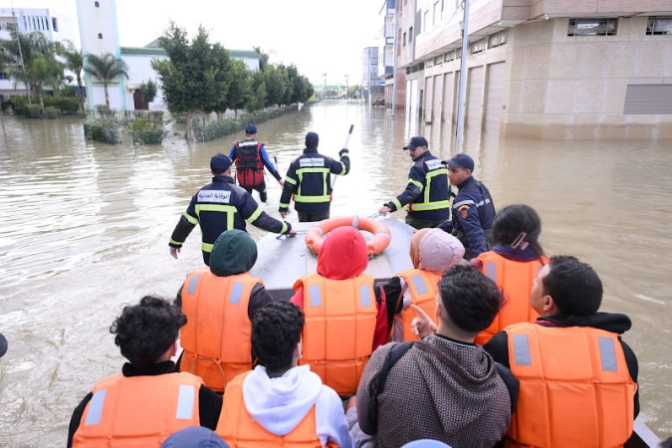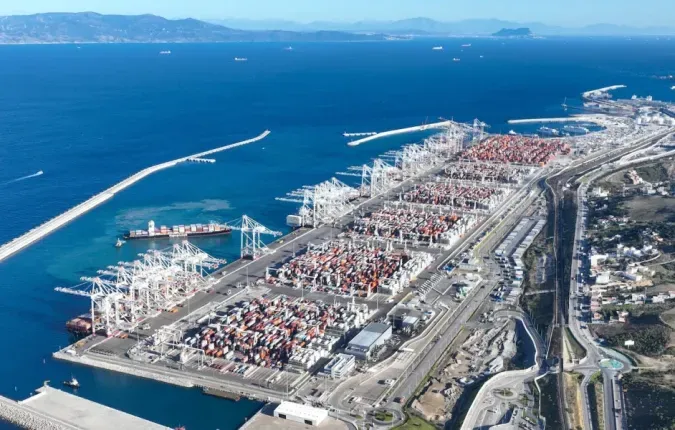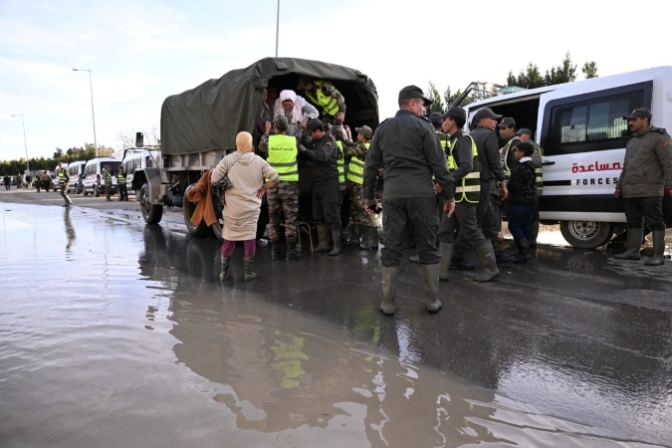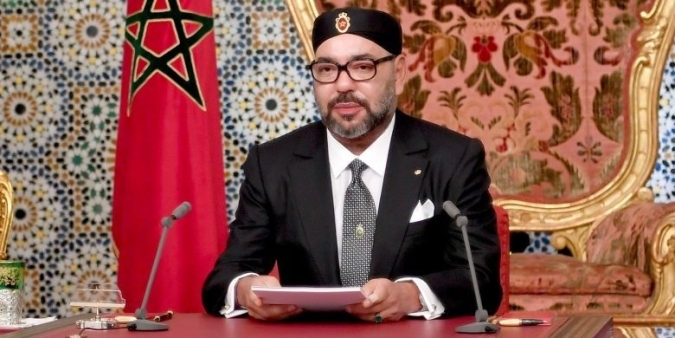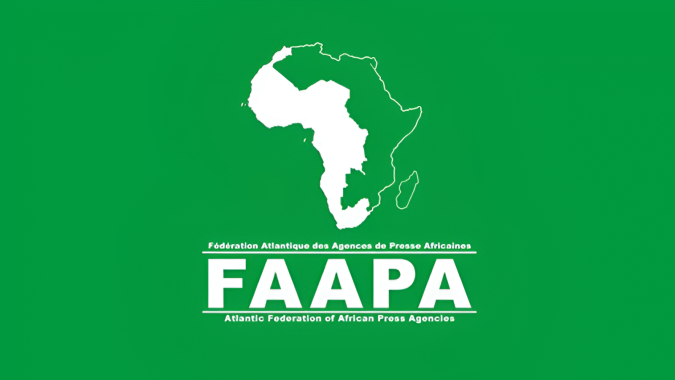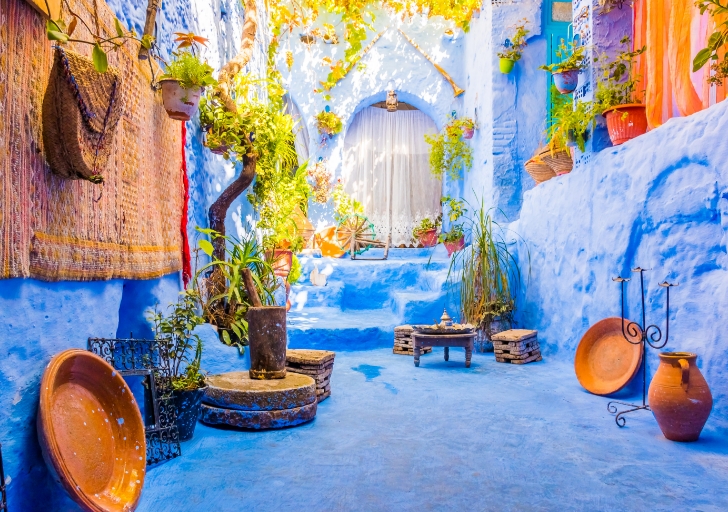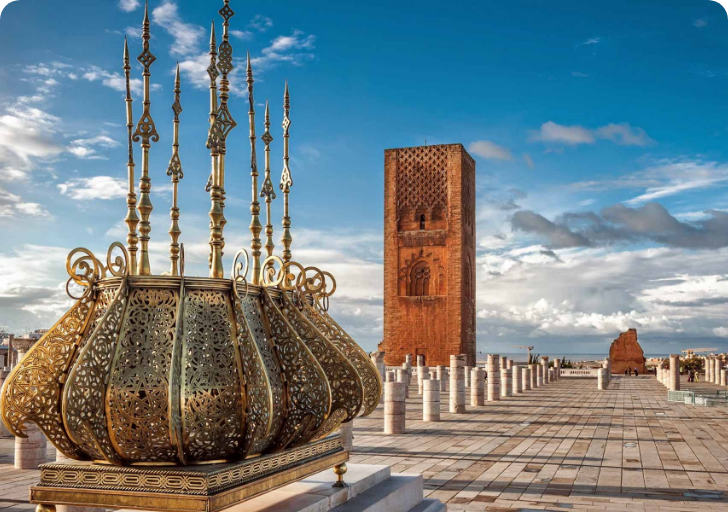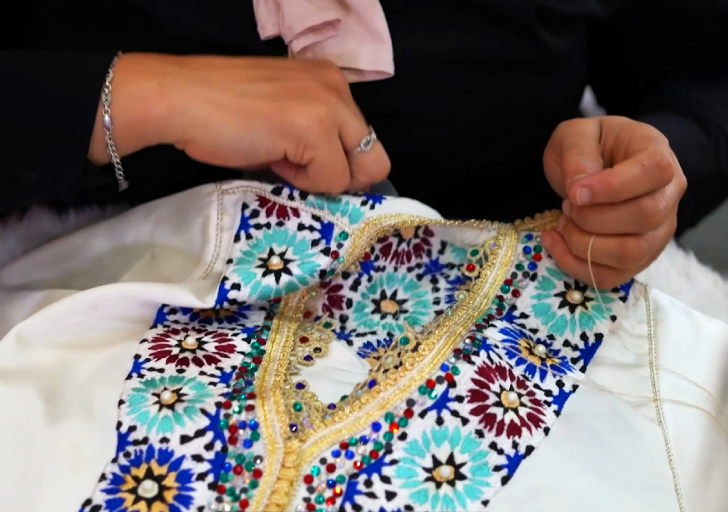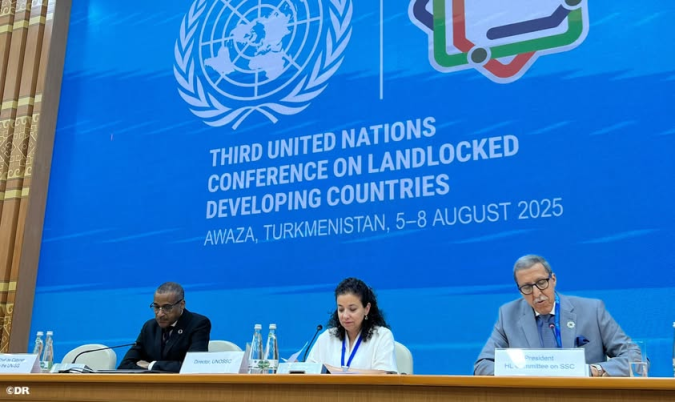
Morocco’s ambassador and permanent representative to the UN, President of the 22nd session of the UN High-level Committee on South-South Cooperation, Omar Hilale, stated, on Wednesday 06 August in Awaza, Turkmenistan, that the Kingdom of Morocco continues to provide tangible support to African landlocked countries, under the Wise Leadership of His Majesty King Mohammed VI, may God assist Him.
Speaking at the Ministerial Meeting on South-South Cooperation, organized as part of the 3rd UN Conference on Landlocked Developing Countries (August 5-8), Hilale pointed out that this support is taking shape by strengthening South-South and triangular development projects that effectively contribute to improving the lives of beneficiaries and enhancing their development capacities.
He added that this commitment has been embodied through several initiatives, most notably the initiative launched by His Majesty King Mohammed VI, to enable Sahel countries to access the Atlantic Ocean. This initiative represents a strategic lever for transforming the economies of Sahel countries and aims to lay new foundations for cooperation and build highways for joint development by sharing Morocco’s experience and making its roads, railways and ports infrastructure available to these countries, he said.
After reaffirming Morocco’s solidarity with countries in special situations, namely landlocked countries, Hilale said that this meeting provides a reminder and a confirmation that solidarity with landlocked countries shall remain at the core of Morocco’s action.
He also called to build on the momentum generated by the event, to achieve the ambition to move from “landlocked to land-linked countries” and correct the double injustice that these countries are facing, being developing and landlocked countries.
He noted that the Ministerial Meeting is both timely and important to showcase the key role of South-South and triangular cooperation in catalysing sustainable, resilient, and transformative development of landlocked countries, deepening regional integration and in leveraging science, technology, and innovation to accelerate structural economic transformation.
He emphasized that the High-level Committee and its Bureau are aware and follow up closely on the development challenges and opportunities facing landlocked developing countries, reaffirming the commitment to continue promoting and advancing this agenda through relevant global and regional fora.
Hilale also called to leverage all adequate and sustainable financial support, including innovative financing mechanisms, adding that the engagement of regional organizations, the United Nations development system, international financial institutions, the private sector and academic institutions is essential to ensure the relevance, coherence and sustainability of South-South initiatives.
(MAP: 07 August 2025)
